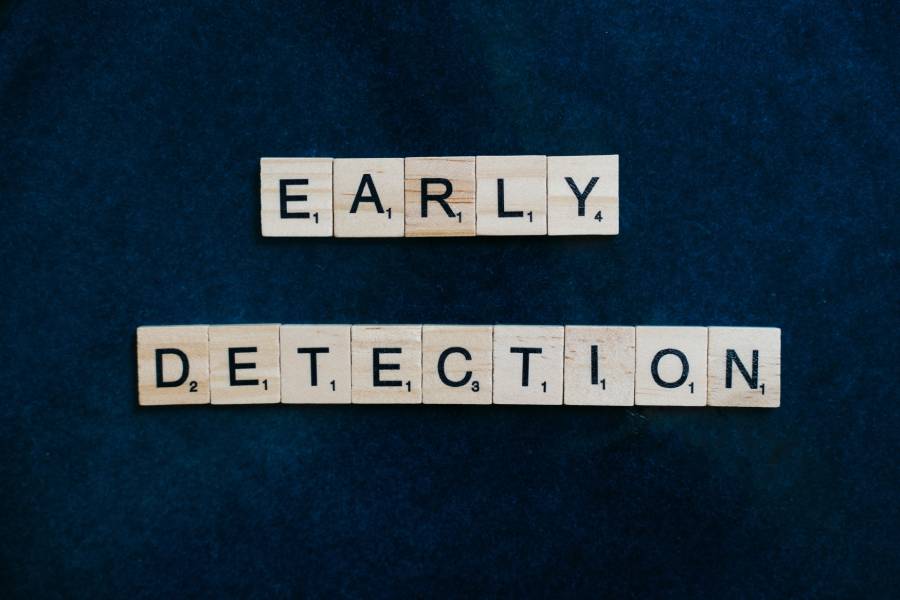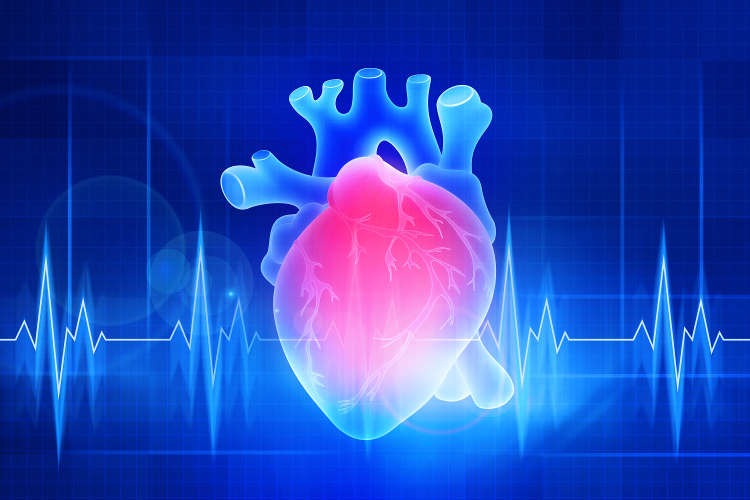Congenital heart defects (CHD) are a leading cause of infant mortality, and early detection and treatment is crucial for improving outcomes for affected children. In this blog post, we will discuss the importance of early detection and treatment for CHD, and how it can help improve the lives of children and families affected by this condition.
CHD is a group of disorders that affect the structure of the heart and the blood vessels around it. They are present at birth and can range from mild to severe. Some common types of CHD include ventricular septal defect, atrial septal defect, and tetralogy of Fallot.
One of the biggest challenges in treating CHD is that many cases go undiagnosed until symptoms appear, which can be too late for effective treatment. This is why early detection is so important. By identifying CHD early, children can receive appropriate treatment before the condition becomes more serious and potentially life-threatening.
There are several ways to detect CHD early. One of the most common methods is through prenatal ultrasound, which can detect CHD in the developing fetus. Other methods include pulse oximetry screening, which measures the oxygen levels in a baby’s blood, and echocardiography, which uses sound waves to create a detailed image of the heart.
Once a CHD is detected, early treatment can help prevent serious complications and improve outcomes for affected children. Treatment options can include medication, surgery, and lifestyle changes. Surgery is often necessary to correct the defect, and in most cases, the earlier the surgery is performed, the better the outcome.
In addition to early detection and treatment, ongoing care and support are also important for children with CHD. This includes regular check-ups with a pediatric cardiologist, as well as physical, occupational and speech therapy, as well as psychological counseling, as necessary.
In conclusion, early detection and treatment of congenital heart defects is crucial for improving outcomes for affected children. By identifying CHD early, children can receive appropriate treatment before the condition becomes more serious, and ongoing care and support can help them live a healthy and fulfilling life. It is important for parents to be aware of the signs and symptoms of CHD, and to seek medical attention if they suspect their child may be affected.



